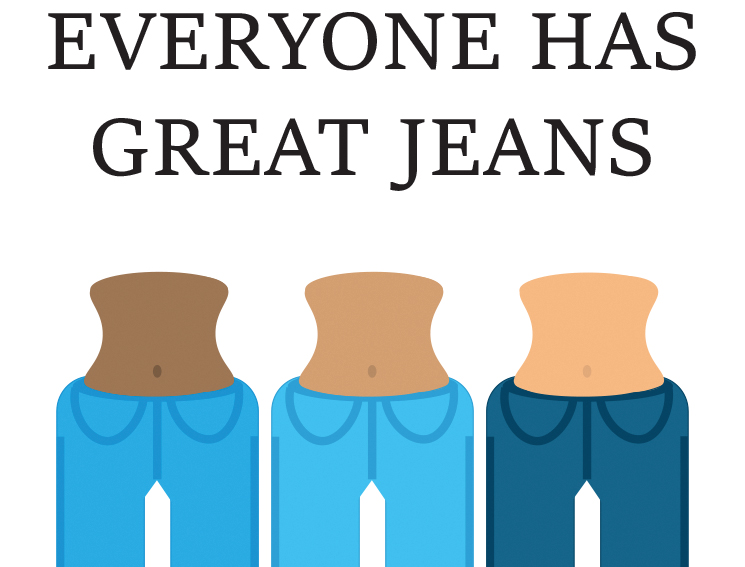Has anyone ever told you that you won’t get a job with visible tattoos? That may have been true years ago, but nowadays with the growing rate of self-expression through body art. Jobs are having to change their policies on visible tattoos. This is happening from Disney to UPS and even some police departments.
The stigma between tattoos and professionalism has changed over the years causing jobs to explore changes in policies due to not wanting to discriminate. Visibly tattooed people had previously been regarded as less competent and less trustworthy. This caused employers to second guess hiring those individuals thinking that it may bring the value of the company down.
Tattoos and other forms of body modification were previously thought to be reserved for sailors, prisoners, marginalized groups and indigenous people. There was a time in Japan during about the 8th century when tattoos were used to brand criminals and mafia or gang members causing them to have a negative connotation, and be illegal for other citizens to have for a while.
That is no longer the case, but being tattooed still holds a stigma and many people still hide their body art underneath their clothing. In some indigenous cultures, tattoos were used to express status within tribes, cultural identity and resistance against colonialism.
Face tattoos fall into this form of tribal status, and today face tattoos are high on the list of unacceptable visual tattoos.
There are even some ancient cultures that believed tattoos had healing properties if administered in a particular way and on certain places of the body.
Modern society has strayed away from this, but tattoo placement does hold some integrity with certain images needing to be placed on the body in a particular way. Even though face tattoos are extremely frowned upon today they are growing with popularity. However, companies remain apprehensive about hiring people with face tattoos almost disregarding the personality or job experience of the individual.
Nowadays people have laundry lists of reasons why they ink permanent images into their skin and what those images mean to them. These include being spiritual, personal or just fun and expressive. With the growing rates of this form of self-expression, it has become difficult for companies to deny heavily tattooed individuals a chance at employment. That’s not to say that every heavily tattooed person will be given a chance at employment because obscene and offensive body ink will still be regarded as unprofessional.
But hiring managers are now having to take education and job history into consideration regardless of body art expression.
Being tattooed does not always mean a person is a criminal, incompetent or unprofessional. Some people get tattoos to commemorate overcoming trials and tribulations in life, to remind them of their inner strength or just to express a particular piece of the puzzles that make up their personality.
Tattoos have become so popular these days that judging people based on their body art has become a lesser act. There should be careful consideration on what images are permanently inked into the skin and research should be done before getting foreign languages and symbols of other cultures, but there is no longer that looming fear of not being hirable because of being heavily tattooed.
So, get that ink. And get that job too. Happy and considerate inking.







